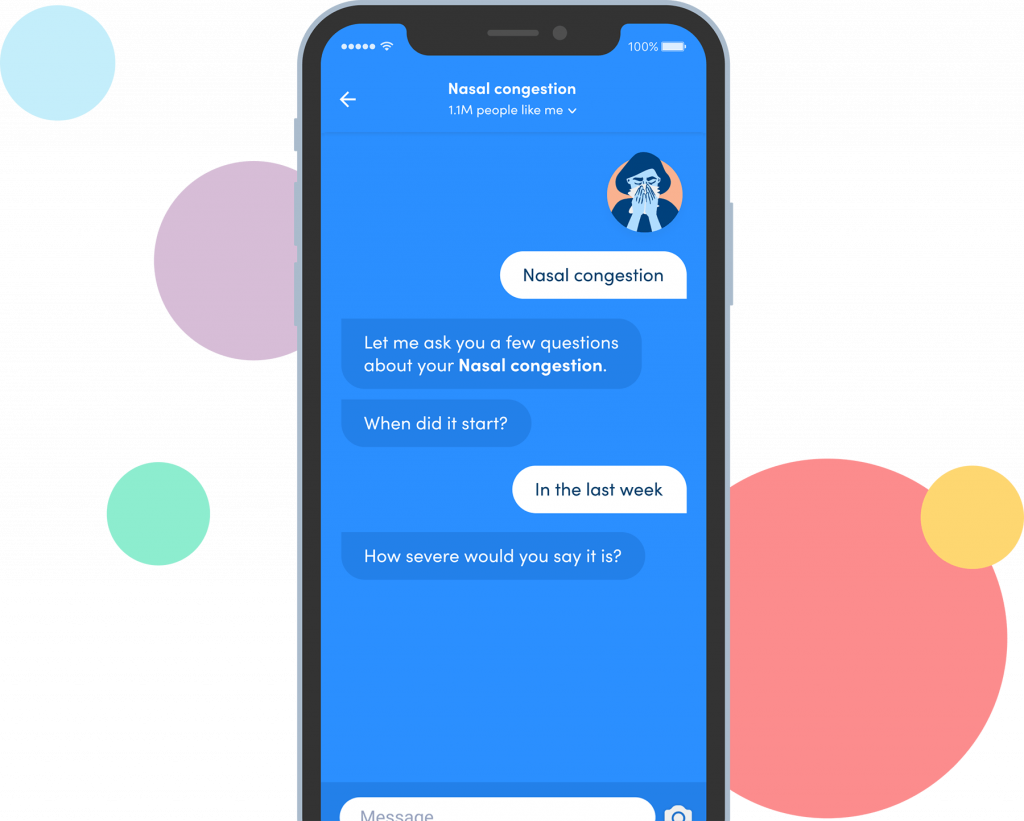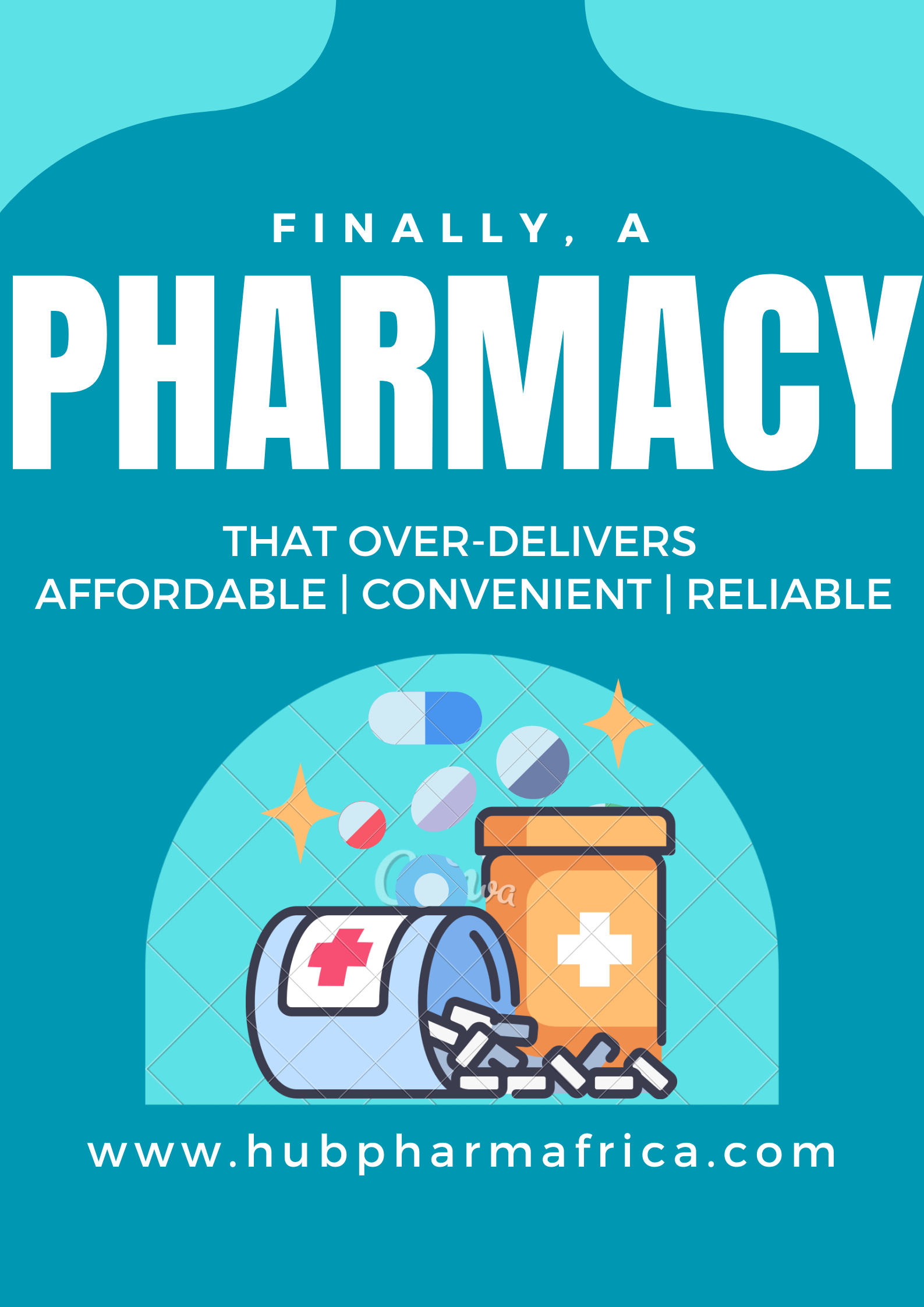Digital Pharmacy vs. Traditional Pharmacy: A Comprehensive Comparison

The advent of technology has brought about significant changes in various industries, including healthcare. One of the notable areas experiencing a transformation is the pharmacy sector. With the rise of digital pharmacy services, patients now have access to new avenues for obtaining their medications and managing their health. In this article, we will explore the differences between digital pharmacies and traditional pharmacies, weighing their advantages and challenges to understand their impact on patient care and the future of pharmaceutical services.
Defining Digital Pharmacy and Traditional Pharmacy:
Digital Pharmacy: Digital pharmacies, also known as online pharmacies or e-pharmacies, are web-based platforms that offer pharmaceutical services and medication delivery through digital means. Patients can access these services via websites or mobile applications. The core features of digital pharmacies include online prescription submission, medication delivery to the patient’s doorstep, medication reminders, virtual consultations with pharmacists or healthcare providers, and personalized health management tools.
Traditional Pharmacy: Traditional pharmacies, on the other hand, refer to brick-and-mortar establishments where patients visit in person to receive pharmaceutical services. These pharmacies are usually located within hospitals, clinics, or standalone stores. In a traditional pharmacy setting, patients physically present their prescriptions, and pharmacists dispense medications, provide counseling, and answer patients’ questions about their medications and health conditions.
Advantages of Digital Pharmacy:
- Convenience and Accessibility: One of the primary benefits of digital pharmacies is the convenience they offer. Patients can access these services from the comfort of their homes or while on the go, eliminating the need for physical visits to a pharmacy.
- Medication Delivery: Digital pharmacies provide home delivery services, ensuring that patients receive their medications promptly, even in remote areas with limited access to traditional pharmacies.
- 24/7 Access: Online pharmacies are available 24/7, allowing patients to order medications at any time, making them particularly beneficial for urgent or emergency situations.
- Enhanced Medication Management: Digital pharmacy apps often include medication reminder features, helping patients adhere to their prescribed treatment regimens and avoid missing doses.
- Privacy and Anonymity: Some patients may feel more comfortable discussing sensitive health issues and medications with virtual healthcare providers, preserving their privacy and anonymity.
Challenges of Digital Pharmacy:
- Medication Verification: Ensuring the authenticity and safety of medications in online pharmacies can be challenging. Patients must be cautious when choosing reputable digital pharmacy platforms to avoid counterfeit or substandard drugs.
- Face-to-Face Interaction: Digital pharmacies may lack the face-to-face interaction between patients and pharmacists that can provide personalized counseling and support.
- Prescription Verification: Verifying the validity of prescriptions in digital pharmacies is critical to prevent misuse or abuse of medications. Ensuring proper protocols for prescription verification is essential.
Advantages of Traditional Pharmacy:
- Personalized Counseling: In a traditional pharmacy, pharmacists can interact directly with patients, offering personalized counseling and addressing any concerns or questions about their medications.
- Instant Gratification: Patients can receive their medications immediately after submitting their prescriptions, eliminating the need to wait for delivery.
- Immediate Access to Medications: In urgent situations, patients can access medications instantly from traditional pharmacies without waiting for delivery.
- Physical Examination: Traditional pharmacies located within healthcare facilities enable pharmacists to collaborate with other healthcare providers and conduct physical examinations if necessary.
Challenges of Traditional Pharmacy:
- Limited Accessibility: Traditional pharmacies may not be easily accessible for patients in remote or underserved areas, leading to potential delays in medication access.
- Operating Hours: Traditional pharmacies operate during specific hours, which may inconvenience patients requiring medications outside these hours.
- Prescription Management: Patients may need to manage physical prescriptions, which can be misplaced or require frequent visits to the doctor for renewals.
Conclusion:
Both



